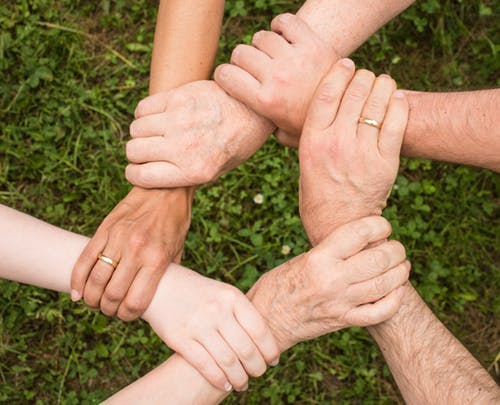How to navigate relationships in the face of addiction
Addiction can deeply impact relationships, straining trust, communication, and emotional bonds. However, with understanding, support, and effective strategies, it is possible to navigate relationships in your life in the face of addiction.

Here are some vital tips to help you foster healthy relationships while dealing with addiction.
Open and Honest Communication
Communication is the cornerstone of any healthy relationship. Openly discuss addiction-related challenges, concerns, and emotions with your loved ones.
Engage in active listening, empathy, and understanding. Create a safe space for open dialogue, where everyone feels comfortable expressing their thoughts and feelings without judgment.
Set and Respect Boundaries
Establishing clear boundaries is crucial for both parties involved. Determine what behavior is acceptable and what is not, and communicate these boundaries effectively.
Habitually enforce these boundaries and respect the boundaries set by others. This is needed to protect the well-being of all individuals involved and foster a sense of safety within the relationship.
Seek Professional Help and Support
Addiction is complex, and professional help is often necessary for both the individual struggling with addiction and their loved ones. Engage in therapy, counseling, or support groups to gain insights, tools, and guidance in navigating the challenges of addiction within relationships. Professional assistance can provide invaluable support and facilitate healing.
Practice Self-Care
Caring for yourself is essential when dealing with addiction and its impact on relationships. Focus on your physical, emotional, and mental well-being. Take part in activities that bring you joy, prioritize your needs, and seek support from others who understand your experience.
When you take care of yourself, it allows you to be more present and supportive within your relationships.
Cultivate Empathy and Patience
Addiction recovery is a complex and challenging journey. Develop empathy and patience for both yourself and your loved one. Understand that addiction is a disease and recovery is a process that takes time.
Be patient with setbacks, celebrate progress, and provide support without enabling destructive behavior. Encouragement and empathy can strengthen your relationship during this challenging time.
Navigating relationships in the face of addiction requires open communication, setting and respecting boundaries, seeking professional help, practicing self-care, and cultivating empathy and patience.
By implementing these tips, you can foster understanding, support, and healing within your relationships. Remember, addiction does not define your worth or the worth of your relationships, and with dedication and effort, positive change and growth are possible.



